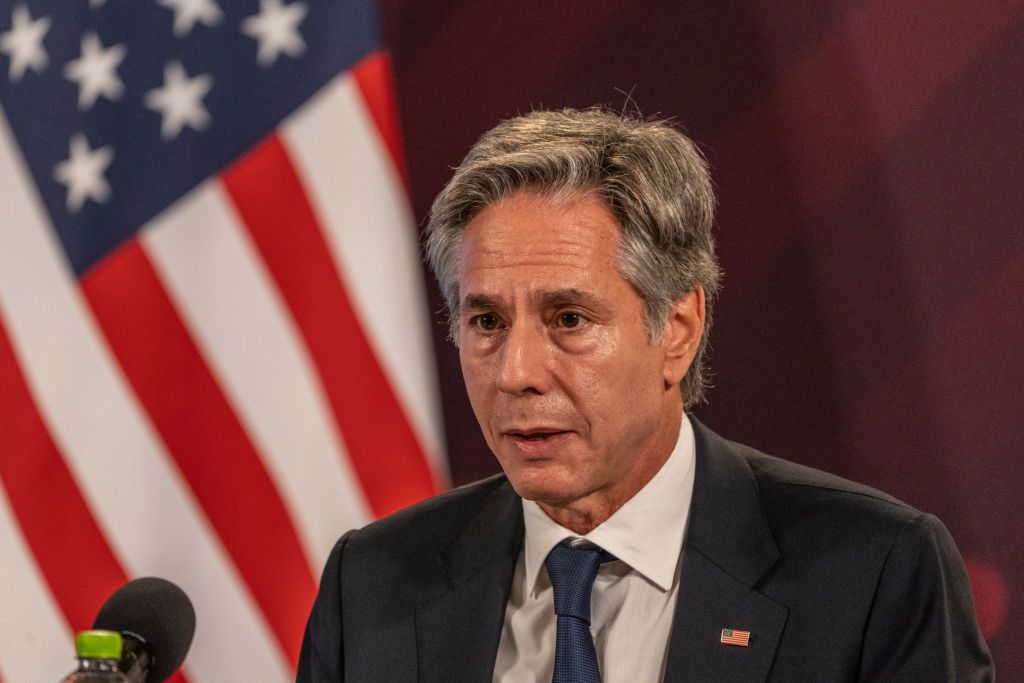U.S. Defense Secretary Lloyd Austin and Secretary of State Antony Blinken said that aid to Ukraine and Israel must be approved immediately during their Senate testimonies on Oct. 31.
The $105 billion funding bill that includes aid for both countries has been held up for weeks by infighting in the Republican-led House of Representatives.
Although the bill, which includes $61.4 billion in military aid to Ukraine, is likely to pass in the Senate, its fate is more unclear in the House.
Johnson and other Republicans in the House unveiled a $14.3 billion standalone spending bill only for Israel, Bloomberg reported earlier on Oct. 31. It also included cuts to the U.S.'s Internal Revenue Service (IRS), which would make it difficult to gain support from Democrats.
The White House responded by criticizing the proposed bill for "politicizing national security."
Blinken and Austin echoed that sentiment in their comments to the Senate, pushing Congress to take a broadly unified position and approve the full bill.
Failing to pass the bill would be construed as a failure to lead, Austin said, and could give the U.S.'s rivals a "reason to doubt America's resolve."
Senate Minority Leader Mitch McConnell, representing the Republican Party, has also tried to push his party to support new funding for Ukraine, leading to a potential conflict with Johnson and the Republicans in the House.












